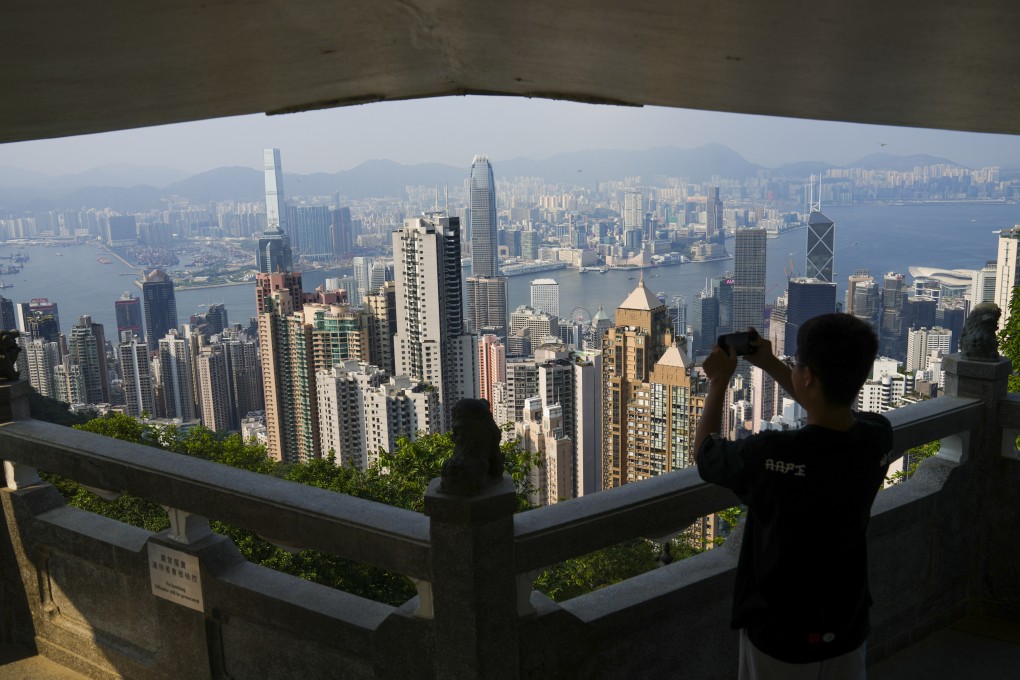Letters | Hong Kong should care that its international reputation is suffering over its pandemic policies
- Readers discuss how to restore the city’s international reputation, and the police’s efforts in community engagement

I have just been released from quarantine after a long trip to Europe to catch up with friends, relatives and colleagues. In contrast to Hong Kong, all the 10 city regions we visited across Europe were packed with visitors, and all associated businesses appeared to be thriving.
Hong Kong’s policies has caused significant loss of its international reputation. As a resident of the territory for 45 years, I have always tried to promote its many merits to others. In discussing the current situation with so many people while abroad, I have been dismayed by the almost wholly negative view of the city that seems to be widely held in Europe.
We should not be complacent about this or simply put it down to the biased foreign media. The city needs to confront this with some positive thinking and equally positive action.